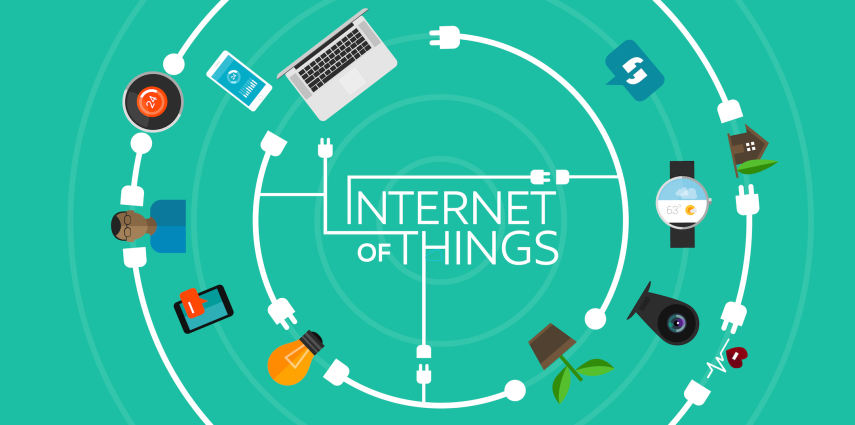Tendency is for home appliances to be connected to the Internet – TVs, fridges or even light bulbs. According to the Business Insider by 2018 there will be 9 billion IoT (internet of things) devices connected. The diagnostic and sharing capabilities of these items will surely have consequences for the insurance sector. Catching up with this technology will certainly have consequences on insurance policies and claims practices. IoT devices will both be constantly connected to your smart devices and run software which personalizes them to your behavior.
The big idea here is “connected coverage” – people performing risk management with the assistance of IoT. Lets examine some real-life connected coverage issues.
Health
One plausible scenario is your doctor telling you to mind what you eat due to high cholesterol. There are quite a few apps that can track your fitness program or diet. This information about your sports activity and food consumption can assure your insurance provider that you are not exposing yourself at unnecessary risks.
In the car
Issue is that you have one speeding ticket or scratched someone else’s car by accident. How do you prove you are a good driver ? One possible solution is software like Progressive Snapshot which can record your driving habits and share real-time information with the insurance company. The insurance provider can now monitor drivers and notify you if driving recklessly.
At home
Instead of performing damage control on big-ticket items in your home, companies like Nest or Notion are developing sensor and Wi-Fi devices which detect motion, sound, temperature, humidity and water presence so you can avoid poor conditions and costly claims. Such technologies will definitely bring home maintenance to a whole new level.
Social media has revolutionized consumer behavior. People have the ability to communicate with their favorite brands, which with IoT implementation will again reach one whole new level. The two-way communication will be accessible to insurers. According to recent research done by Accenture, 78 percent of insurance customers will not mind sharing personal data in exchange for benefits e.g. lower premiums or faster settlements.
IoT data can be used to calculate hazard in much more detail, basing those calculations on daily routines. It will result in more evidence for claims and more communication between the two parties.
All the data transmitted by smart devices will give insurers ways to identify trends and patterns of one’s behavior. Very often we look back in history to make choices for the future. New information can be referenced with already stored data to make forecasts and propose preventive actions. Stemming from this in the near future insurance will very likely switch from a model built around reactive claims towards one focused on prevention. Smart devices will be able to reduce both risk and claims losses.
In a nutshell, IoT will provide much more customization. For comparison, the old model was one where level of risk was averaged and now it can be customized. This personalization, matching personal demands, will surely save you money in the long run.

